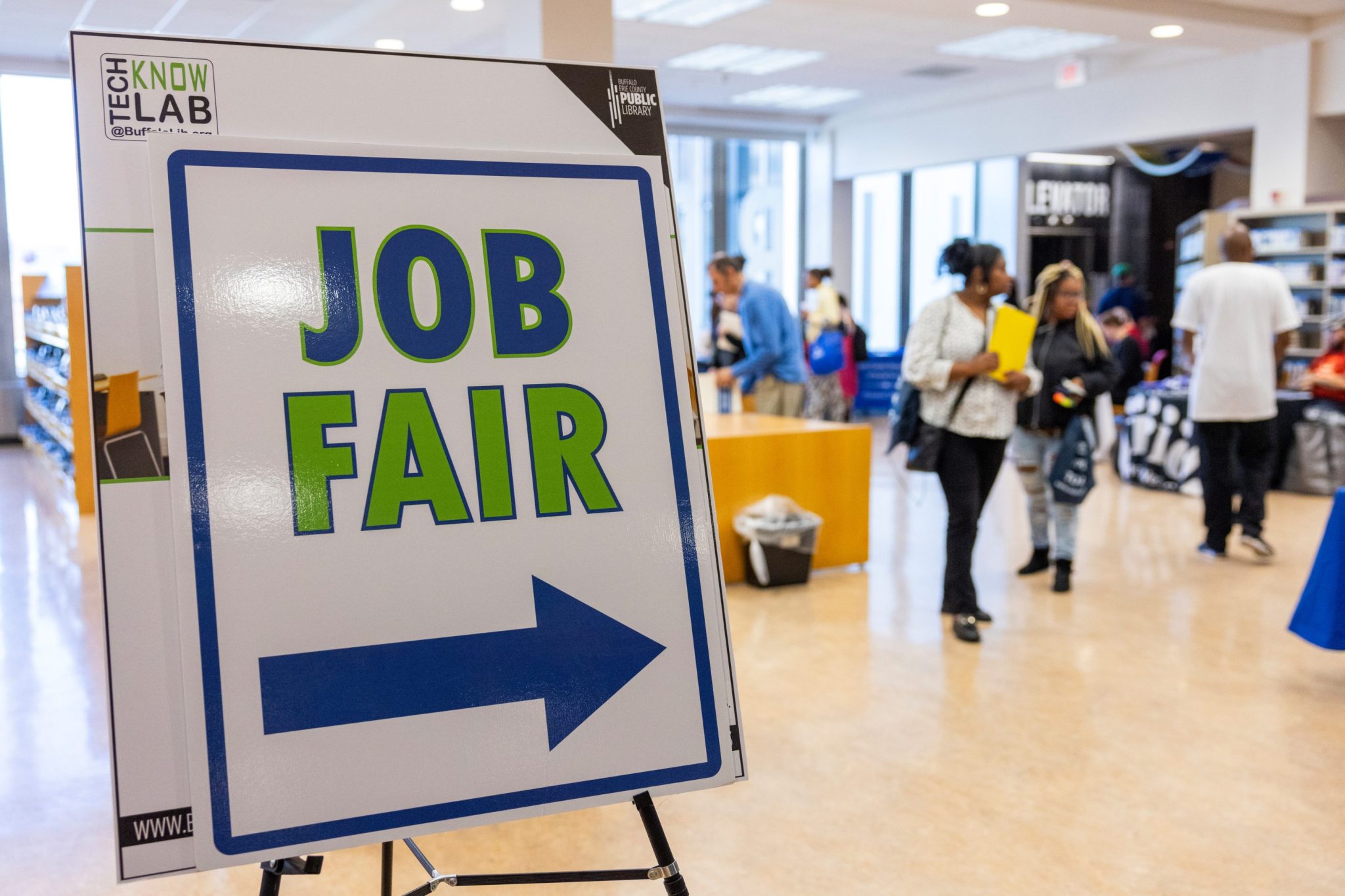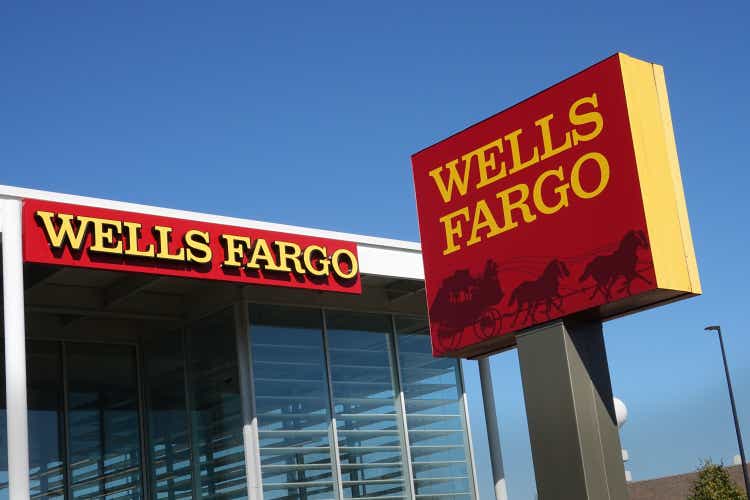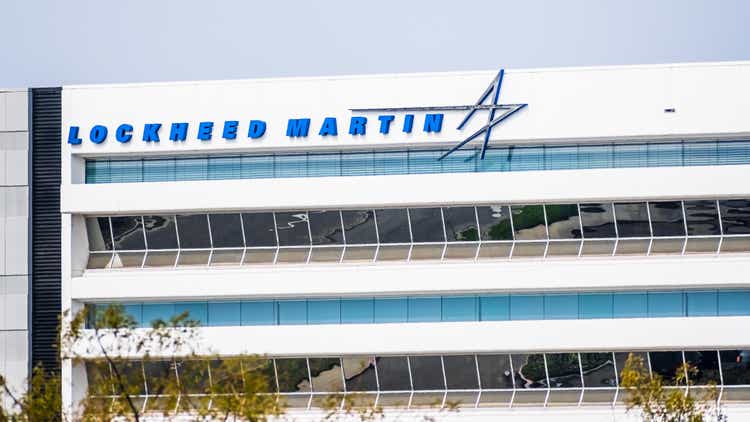Software companies designed to reduce the drudgery of back-office tasks don’t tend to become household names. Somehow, Ramp is defying the odds. The six-year-old fintech startup has generated an almost cult-like following among not only CFOs, but rank-and-file employees who hate filing expense reports every month. With its neon-yellow color palette and an omnichannel blitz of marketing that included a February Super Bowl spot, Ramp is building a brand to challenge one of the giants of legacy finance: American Express.
Ramp’s core product, after all, is the next generation of corporate credit cards. With about 1.5% of the $2 trillion market, compared to around 30% for AmEx, it has a long way to go. But as I reported last week, Ramp has had astronomic growth alongside its red-hot brand, having just hit $1 billion in annualized revenue. That accomplishment stands alongside an astonishing $22.5 billion valuation, which it achieved after back-to-back funding rounds this summer.
I’ve spent the past few months reporting on Ramp to try to understand how a startup in the notoriously fickle fintech sector, which has been mired in downrounds and COVID-era valuations, could achieve valuation growth more akin to AI companies—and from blue-chip investors like Founders Fund, Iconiq, Thrive, and Coatue.
The simple answer is that since its founding, Ramp has been growing at hyperspeed, thanks in part to its two-time founders, Eric Glyman and Karim Atiyeh, who previously started the Capital One-acquired startup Paribus. The momentum can be seen not only in Ramp’s consistent revenue growth, but also in its ever-expanding suite of tools, including its new crop of AI agents, which are all core to Ramp’s goal of automating companies’ financial processes. The products are not as glamorous as social media platforms or memecoins, but they’ve found massive—and accelerating—product-market fit.
That’s not to say that everyone agrees with the valuation. Brex, which had a two-year head start against Ramp, was last valued at just $12.3 billion, despite the two companies operating at a similar scale. Through my reporting, I learned that Coatue, one of Ramp’s earliest investors, sold part of its stake in 2023, partly to generate returns and partly because some investors thought Ramp was overvalued, according to a person with direct knowledge. (Coatue and Ramp declined to comment, and a newer Coatue fund re-invested in Ramp’s most recent round.) Competitors characterized Ramp’s valuation as a marketing tactic driven by its insider group of VCs, and questioned whether it would survive public markets.
Ramp’s executives and its investors brushed off the concerns, which is easy to do in their enviable position. Founders Fund’s Trae Stephens, who has experience with sky-high valuations through his work at Palantir and Anduril, says that for certain types of startups, traditional metrics like the vaunted “rule of 40” go out the window. “People genuinely don’t know how to think about [these] software companies,” he told me.
You can read my full feature on Ramp here. Our editor-in-chief, Alyson Shontell, will also be interviewing Ramp CEO Eric Glyman at Brainstorm Tech later this afternoon, which you can check out here.
Leo Schwartz
X: @leomschwartz
Email: leo.schwartz@fortune.com
Submit a deal for the Term Sheet newsletter here.
Joey Abrams curated the deals section of today’s newsletter. Subscribe here.
This story was originally featured on Fortune.com

 6 hours ago
1
6 hours ago
1
















 English (US) ·
English (US) ·